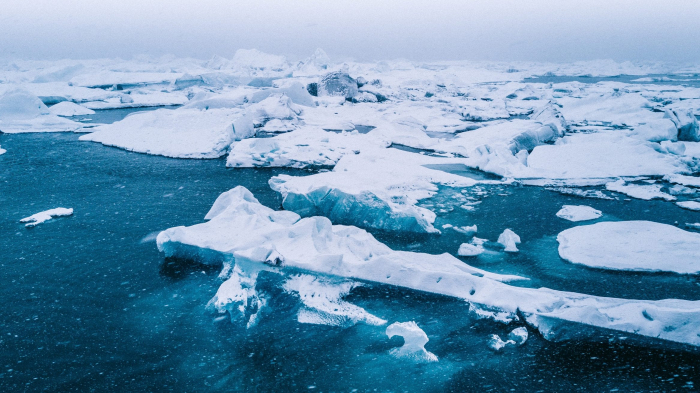According to the scientists' findings, the maximum ice area, which usually grows throughout the winter until March, peaked this season on March 20 and amounted to 13.79 million square kilometers. This is the minimum value for the entire period of research, which began in 1979.
"The reduction in the Arctic ice area is related to global climate change. There are concerns that this will affect weather and the marine environment in the future, so we will continue to monitor and analyze the data, as well as disseminate information [on this matter]," JAXA said in a statement.
As noted by specialists from Japan's National Institute of Polar Research, who worked together with JAXA experts, the average monthly ice area from December to February was also the lowest in the entire history of observations.
They attributed the reduction in the ice area this season to the air temperature from December 2024 to February 2025, which turned out to be higher than average.
The last time Japanese specialists recorded the minimum Arctic ice area was in 2017, when it was 130,000 square kilometers larger than this year.
AzVision.az
More about:
















































